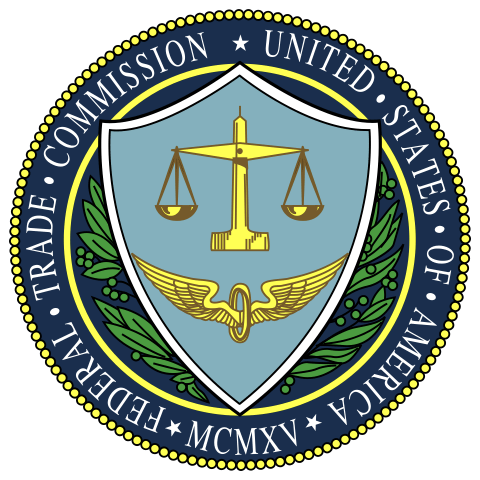by Meghan Anzelc, Ph.D., Christina Fernandes-D’Souza, and Avril Ussery Sisk

Left to right: Meghan Anzelc, Ph.D., Christina Fernandes-D’Souza, Avril Ussery Sisk (Photos courtesy of authors)
Artificial intelligence (AI) has rapidly leapt to application in an ever-broadening range of human endeavors. We are in a very dynamic era, and as AI becomes more ubiquitous, there is a great deal of on-going discussion about how it will be harnessed for advancement across all aspects of our lives. Coupled with society’s understanding of exciting AI possibilities, there are growing calls for caution, and a reticence regarding placement of trust in private entities to protect the community from threats and potential misuse. There is also the increasing perception of weakness in the governance of AI by the private entities promoting the benefits and rapidly adopting the technology.









